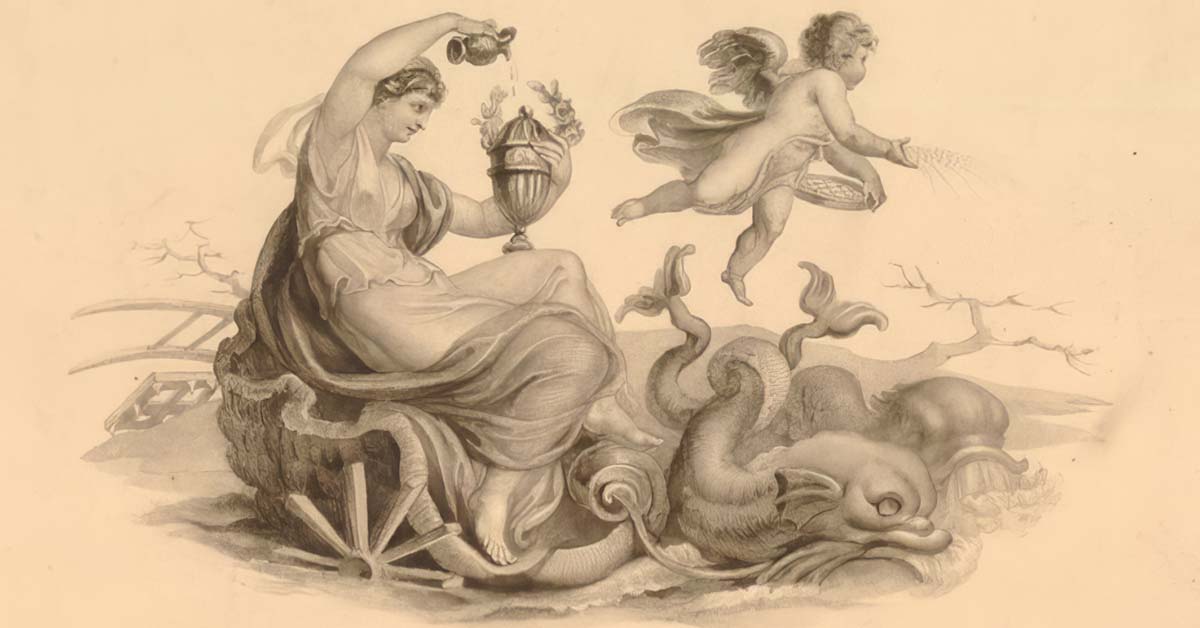Leap Years are imperfect. This makes them intriguing to us humans, who tend to want to make life predictable and accountable, and in our control.
Through centuries of time, various cultures have wrestled with the challenge of synching a yearly predictable timeline, or calendar, with the astronomical and seasonal year. This is complicated by the fact that the time it takes the Earth to circle the sun, which is 365 days, 48 minutes, and 46 seconds, (according to NASA) is longer than the Gregorian Calendar most people go by, of 365 days—the rounded down number. To make up the approximate 6 hour difference each year, over 4 years (24 hours), the 366th day was added at the end of February. This is known as an “Intercalary Year”.
Why February? Julius Caesar, in 46 BC, changed the 365 day Roman Calendar of 10 months to the Julian Calendar of 12 months to have 30-day months, other than February which became the shortest month of the year. February was selected, as it was considered a time of purification and for honoring the dead in Roman culture, and the “Festival of Februa” was celebrated at the end of the month— a “time out” so to speak. Every 4th year, an extra 366th
day was added to the annual calendar in February to make up the astronomical difference.
Because the Julian Calendar was based on 365.25 average calendar days, the calendar would gain 3.1 days every 400 years. They simply removed 3 Leap Years every 400 years to accommodate for this variation.
In 1582, Pope Gregory X111 established the Gregorian Calendar to correct the actual solar timeline to average calendar days of 365.2425 days (from 365.25), so that the calendar gains over 400 years was corrected to .1 day over 400 years.
Leap Years add significance over time to the seasonal calendar, as without Leap Years, 700 years from now the summer season we experience in June would happen in December. This makes planting crops and harvesting them in a seasonal fashion around the world difficult. Our human brains do not work this way.
Because of the mystery surrounding this “phantom day” every four years, it is particularly intriguing for those of us who were born on February 29th. Known as “Leaplings”. or “Leapers”, we are often asked if we feel we are lucky. Greek culture has always thought it unlucky to be born, or married, in a Leap Year, and discourages it. On a personal level, and not being Greek, I do feel lucky! From a numbers perspective, the chances of being born on February 29th are 1 in 1,461 (.068%).
So what is predicted by astrologers in this current leap Year of 2024? For those of us who feel lucky, it is projected to be a year of elevated energies which can aid in inner growth and spiritual enlightenment.



